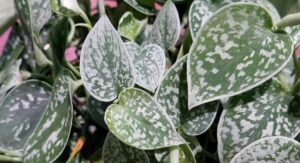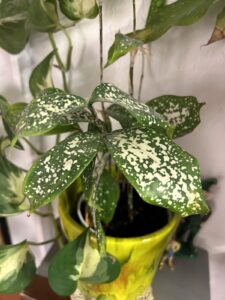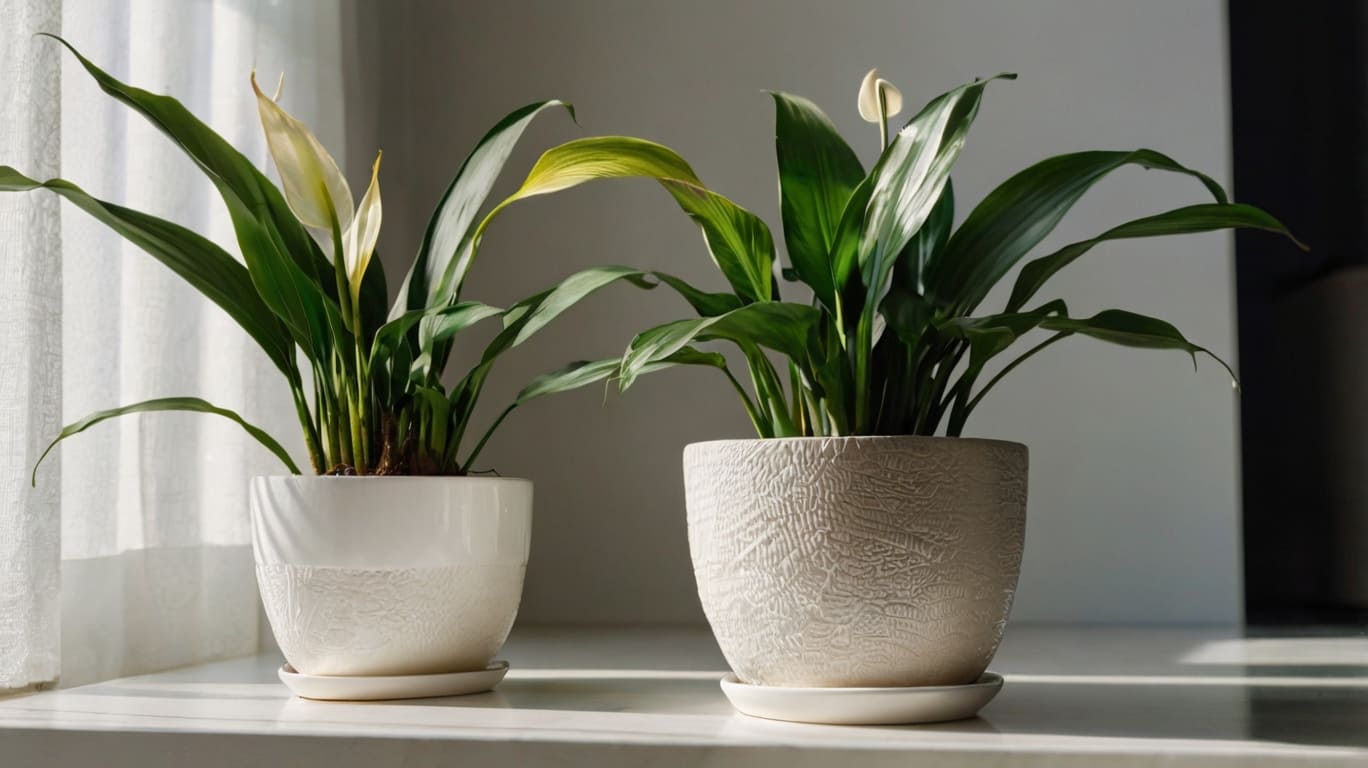
Indoor plants have become more than just decorative elements in our homes—they’re potent allies in enhancing our mental health and overall well-being. If you’ve ever wondered why houseplants seem to make everything feel a bit better, you’re not alone. The psychological effects of plants are profound and well-documented, making them a key component in promoting emotional wellness.
In this article
How Houseplants Impact Mental Health
When we talk about indoor plants, it’s not just about adding a touch of green to our living spaces. The mental health benefits of indoor gardening go far beyond mere aesthetics. Research shows that interacting with houseplants can reduce stress, boost mood, and even improve cognitive function. I’ve personally experienced how a simple act of watering my plants or rearranging them can bring a sense of calm and satisfaction.
Houseplants offer a natural way to enhance our emotional well-being. Studies suggest that caring for plants can lead to lower levels of anxiety and depression. This is partly because plants help create a calming environment, which is crucial in today’s fast-paced world. Just imagine sitting in a room surrounded by lush greenery—there’s something inherently soothing about it, don’t you think?
Enhancing Your Home with Indoor Gardening
Creating a serene home environment with indoor gardening isn’t just a trend; it’s a lifestyle choice that has real psychological benefits. Incorporating houseplants into your living space can transform it into a sanctuary of tranquility. Plants like snake plants, peace lilies, and succulents are not only easy to care for but also known for their stress-relieving properties.
Indoor gardening also provides a sense of accomplishment and responsibility. Taking care of plants involves routine and attention, which can be incredibly fulfilling. When you see your plants thrive, it can boost your confidence and give you a positive sense of achievement. I remember the first time I successfully grew a basil plant from a tiny seed—it was a small but mighty win that left me feeling incredibly proud.
Choosing the Right Plants for Your Mental Health
When it comes to enhancing your well-being through indoor gardening, the choice of houseplants can make a significant difference. Some plants are particularly known for their psychological benefits and can help create a serene and balanced environment in your home. If you’re looking to boost your mood and reduce stress, consider integrating these houseplants into your space.
Snake Plant
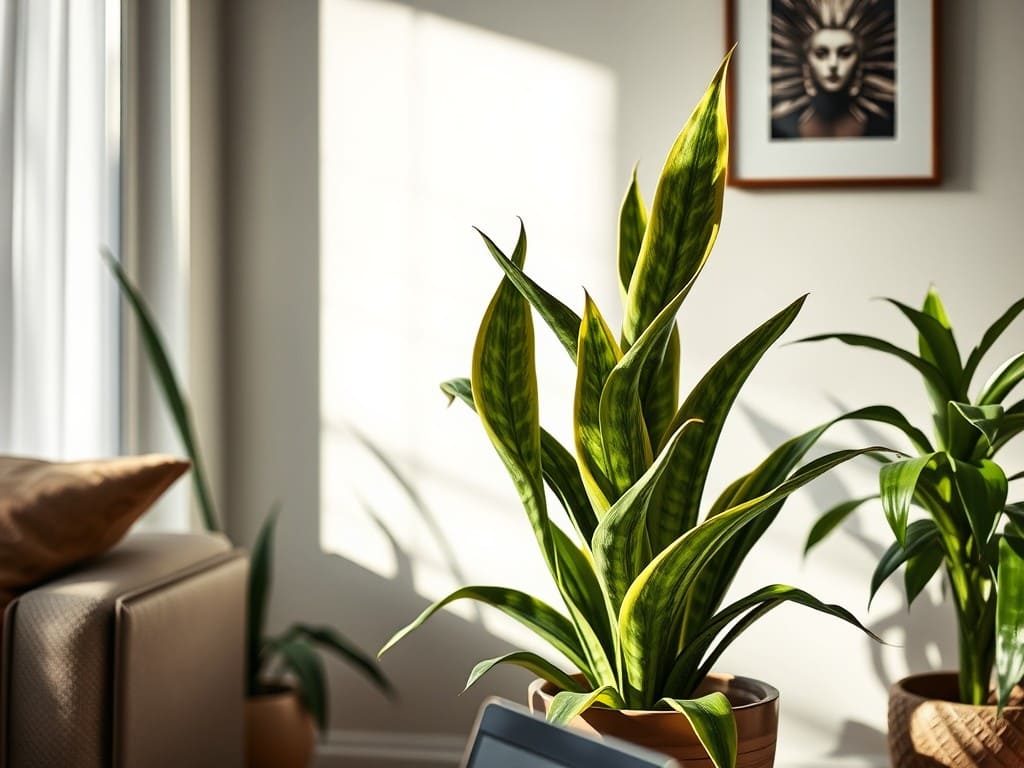
The Snake plant is renowned for its air-purifying abilities and its low-maintenance care requirements. This plant is perfect for those new to indoor gardening. Its ability to filter toxins from the air contributes to a cleaner and more relaxing atmosphere. Personally, I find that having a snake plant near my workspace helps me stay focused and calm throughout the day.
Peace Lily
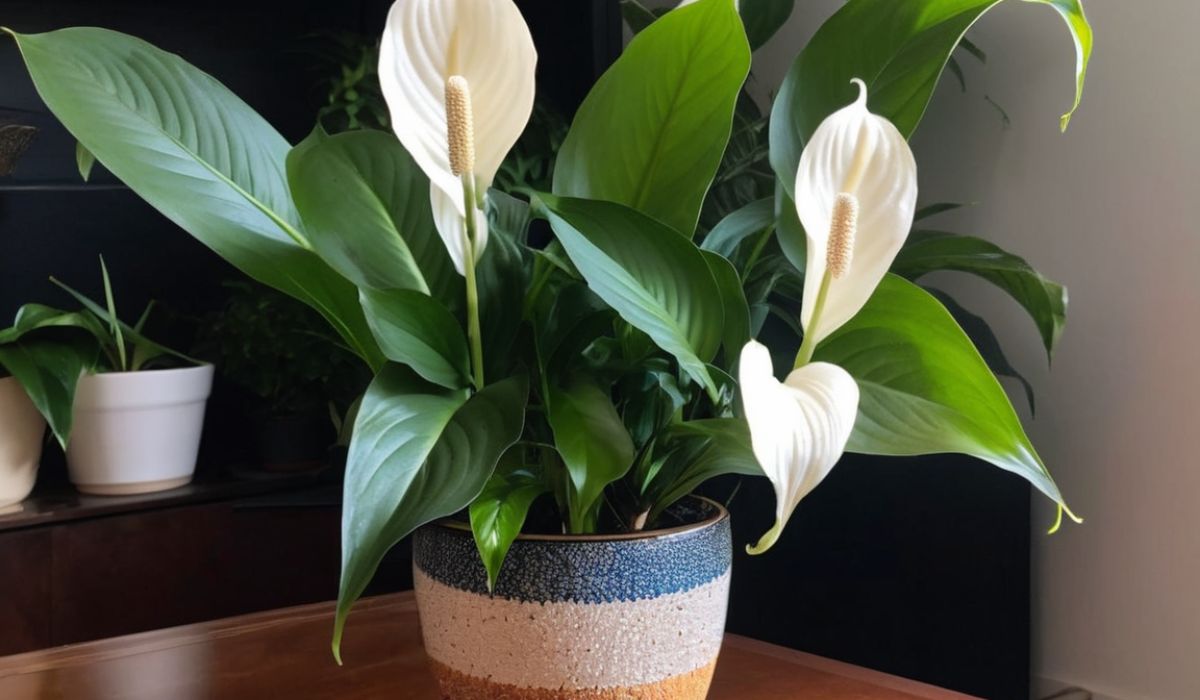
The Peace lily is another excellent choice for improving mental well-being. Not only does it add a touch of elegance with its beautiful white blooms, but it also helps in reducing indoor air pollutants. The presence of a peace lily can create a peaceful environment, making it easier to unwind after a long day. I’ve found that the simple act of tending to my peace lily can be a meditative experience, allowing me to decompress and clear my mind.
Succulents
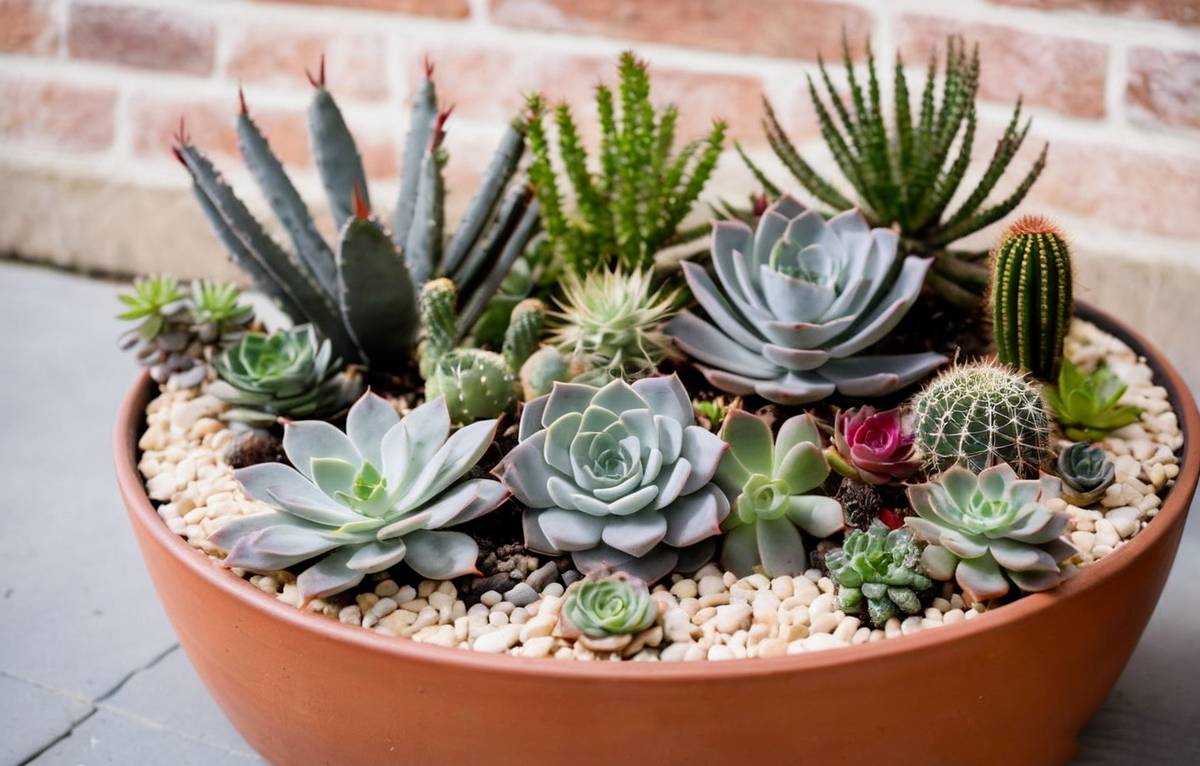
Succulents are popular for their unique appearance and minimal care needs. They are particularly effective at enhancing emotional wellness because they require less frequent watering, which reduces stress related to plant care.
Additionally, their resilient nature can be a metaphor for personal strength and endurance, serving as a daily reminder of resilience. I enjoy placing succulents on my windowsill, where they add a touch of vitality without demanding too much attention.
RELATED: Low-maintenance plants ideal for busy people
Practical Tips for Incorporating Plants into Your Space
Integrating houseplants into your home doesn’t have to be overwhelming. With a few practical tips, you can easily create a green haven that enhances your well-being.
- Start Small: If you’re new to indoor gardening, start with a few low-maintenance plants. This will help you build confidence and experience the benefits of having greenery in your space without feeling overwhelmed. As you get more comfortable, you can gradually expand your collection.
- Choose the Right Location: Consider the light conditions in your home when placing your plants. Some plants thrive in bright, indirect light, while others do well in lower light conditions. Placing your plants in the right spot will ensure they remain healthy and contribute to a positive atmosphere.
- Create a Routine: Incorporate plant care into your daily routine. Regular watering, occasional pruning, and simply spending a few moments with your plants each day can be a soothing ritual that enhances your overall sense of well-being.
Frequently asked questions
How often should I water my houseplants for optimal mental health benefits?
The frequency of watering depends on the type of plant and its specific needs. Generally, it’s best to water when the soil is dry to the touch. Creating a watering schedule based on your plants’ needs can help ensure they stay healthy and continue to contribute to your well-being.
Can indoor plants improve air quality in addition to mental health?
Yes, many indoor plants, like the snake plant and peace lily, are known for their air-purifying qualities. They can help remove toxins from the air, contributing to a healthier and more pleasant living environment.
How do indoor plants improve emotional wellness?
Easy houseplants known for their stress-reducing properties include snake plants, peace lilies, and succulents. These plants are low-maintenance and effective at purifying the air, contributing to a more relaxed atmosphere.
Can indoor plants help with anxiety and depression?
Yes, indoor plants can help with anxiety and depression by creating a soothing environment and providing a therapeutic outlet for care and attention. The act of nurturing plants can be calming and reduce symptoms of anxiety and depression.
RELATED: Unveiling the Extensive Mental Health Benefits of Indoor Gardening
By thoughtfully selecting and caring for indoor plants, you can transform your home into a sanctuary that supports your mental and emotional well-being.
